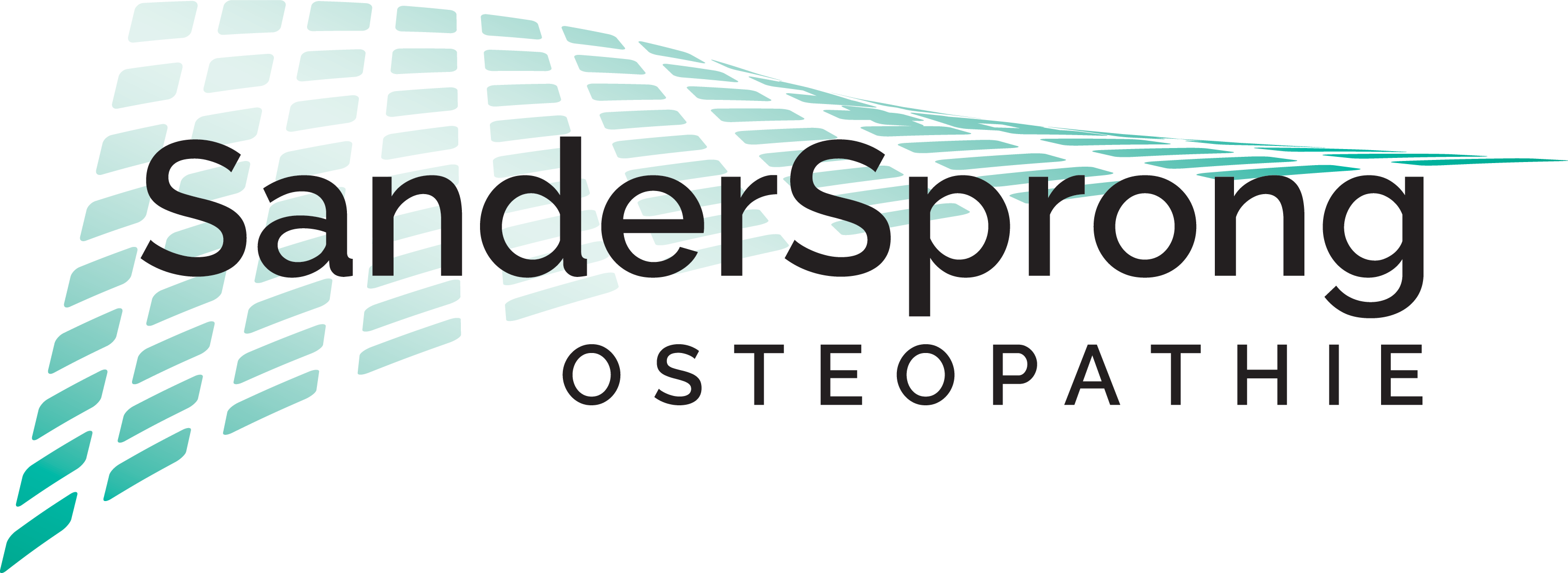Adults

Adults
Adults can visit the osteopath with a variety of complaints. In everyday life, as adults, we face physical and mental challenges that can affect our well-being. Think of back pain caused by a sedentary job, digestive complaints caused by stress or headaches caused by tension in the neck and shoulders. Osteopathy is a manual therapy aimed at restoring the body’s natural balance and mobility. Through gentle hands, the osteopath traces movement restrictions and tension, with the aim of activating the body’s self-healing ability.
How does osteopathy work?
The body functions as a whole, with different systems influencing each other. A disturbance in the muscles, joints or internal organs can cause symptoms elsewhere in the body. The osteopath examines where the source of the problem lies, which is not always the same place where the pain is experienced. By restoring mobility and improving circulation, the body is helped to recover from symptoms.
What complaints can adults go to the osteopath for?
Back and neck pain
Many adults experience back or neck pain due to improper posture, stress or overuse. The osteopath examines which structures are restricted in their movement and applies techniques to improve mobility and reduce muscle tension. This often leads to less pain and better posture.
Headaches and migraines
Tensions in the neck, skull or jaw can cause headaches or migraines. By reducing these tensions and improving circulation, osteopathy can help relieve or prevent headache symptoms.
Digestive problems
Complaints such as bloating, constipation or stomach pain can arise from decreased mobility of the abdominal organs. The osteopath uses gentle techniques to improve the mobility of these organs, which supports digestion and can reduce symptoms.
Stress-related complaints
Chronic stress greatly affects the body and can lead to tense muscles, fatigue and sleep problems. Osteopathy focuses on relaxing the nervous system and restoring balance to the body, which can reduce stress-related symptoms.
Sports injuries
Recurring injuries are often caused by an imbalance in the body. The osteopath analyzes the movement pattern and identifies restrictions that may lead to overuse. Addressing these reduces the risk of future injuries.
What can you expect at a consultation?
An osteopathic consultation begins with a comprehensive discussion of your symptoms, medical history and lifestyle. Next, the osteopath examines your body to identify movement limitations and tensions. Treatment consists of manual techniques specific to your situation. The number of sessions required varies from person to person and depends on the nature and duration of the complaints.
Professional association and registry
Sander Sprong Osteopathy is affiliated with the Dutch Association for Osteopathy and is registered with the Dutch Register of Osteopathy. The latter oversees the quality of osteopathy training as well as continuing education.
If you would like to know more background on osteopathy as a treatment method, you can do so here.
Why choose Sander Sprong Osteopathy?
At Sander Sprong Osteopathy, personal attention is key. We often see long-term or recurring complaints in adults that require a focused and effective approach. With years of experience and a holistic approach, not only the pain is treated, but also the underlying cause of the problem is addressed. This supports the body to function optimally and reduces the likelihood of recurring complaints.
Do you have questions or would like to make an appointment? Please contact Sander Sprong Osteopathy, or schedule an appointment in the online calendar.
Complaints in adults
To the right are some of the complaints we often encounter in practice. Is your complaint not listed? Or do you have questions about the possibilities of osteopathy in your situation?
If so, contact Sander to discuss the possibilities.
- Chronic fatigue
- Whiplash
- Recurrent sinusitis or ear infections
- RSI
- Edema
- Reflux Problems
- Incontinence
- Pain after surgery
- Menstrual disorders
- Concentration problems
